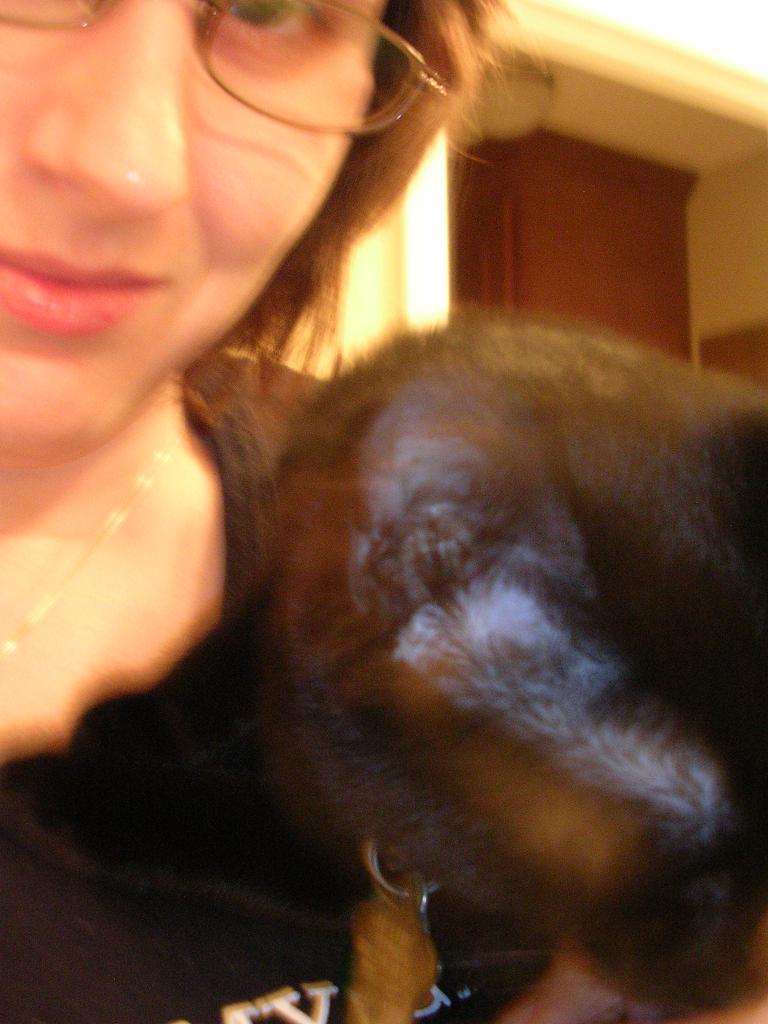
If you are wondering what in the heck that gibberish in the title is, then welcome to the wonderful world of Personality Typing. And if you are sagely nodding, comparing notes with your own set of four little letters, then welcome back.
Like some sort of secret code, Meyers-Briggs is a personality typing test-- rather, it's is the personality typing test. The one given by large firms and psychology classes the nation over. A hundred impulsively answered questions garners you four letters-- which can theoretically tell the world all they need to know about why you do what you do and how to work best with you.
To find out your type you can take an online version. The free tests are usually shortened versions of the full test. The full tests typically cost a fair bit of money to take (see earlier comment about being the test given by large firms), but the shortened versions give you a good idea of your type.
Your results show your natural inclination on four indices*:
I/E--Introvert/Extrovert-- Where do you "recharge" best--in a crowd or by yourself?
S/F--Sensing/Intuitive-- Do you go with the "facts" or with your "gut"?
T/F--Thinking/Feeling-- Do you mostly consider structure and rules or individual cases when making decisions?
J/P--Judging/Perceiving-- Do you prefer a set schedule or doing things spontaneously?
 What I like best about reading over my profile is the very positive attitude with which it was written. It's not written to be an ego boost, but it makes me feel more confident, more secure in myself. You see, I am a chronic worrier. Following in the footsteps of both of my parents, if I can stress out over it, I probably am. Add to that a vague pessimism and a mile wide perfectionist streak and I can forget to cut myself a break.
What I like best about reading over my profile is the very positive attitude with which it was written. It's not written to be an ego boost, but it makes me feel more confident, more secure in myself. You see, I am a chronic worrier. Following in the footsteps of both of my parents, if I can stress out over it, I probably am. Add to that a vague pessimism and a mile wide perfectionist streak and I can forget to cut myself a break.It's all too easy to focus on the negative and when you start doing that to yourself, it becomes near impossible to believe that the rest of world doesn't see you as the dunce that you see in yourself.
Which is why I like to re-read the ISTJ page every so often and remember that not everyone thinks I'm a stick in the mud (While they generally take things very seriously, they also usually have an offbeat sense of humor and can be a lot of fun - especially at family or work-related gatherings.) and that I'm not the only one sometimes feels a bit behind on social cues (The ISTJ is not naturally in tune with their own feelings and the feelings of others. They may have difficulty picking up on emotional needs immediately, as they are presented.).
In fact, I think that is really what it comes down to. When I read that page and see my foibles written down, it normalizes them. I'm not alone, I'm in good company of other people who are "uncomfortable expressing affection and emotion to others." or who will "berate themselves for things which they should have done differently, or duties which they failed to perform".
Obviously, everyone will feel differently about their profile based on both how accurate they feel the test is and their own personality type.
If you decide to take the test, I'd love to hear what your type is and how accurate you think your results were.
*This is a very brief overview. For more information on each of the indices, click here.

I used to be an ISTJ, too, but in recent years I've changed, and now I consistently test as an INFJ. Makes me wonder what changed and when that change occurred!
ReplyDeleteI've heard that from other people too, that their "type" changed over the years. : )
ReplyDeleteI can certainly see how that would happen (especially if you were near borderline on some). I would imagine that life experiences and meeting new people, being in new situations, might bring out different skill sets. For example, I could see having a child making someone more detail or schedule oriented.